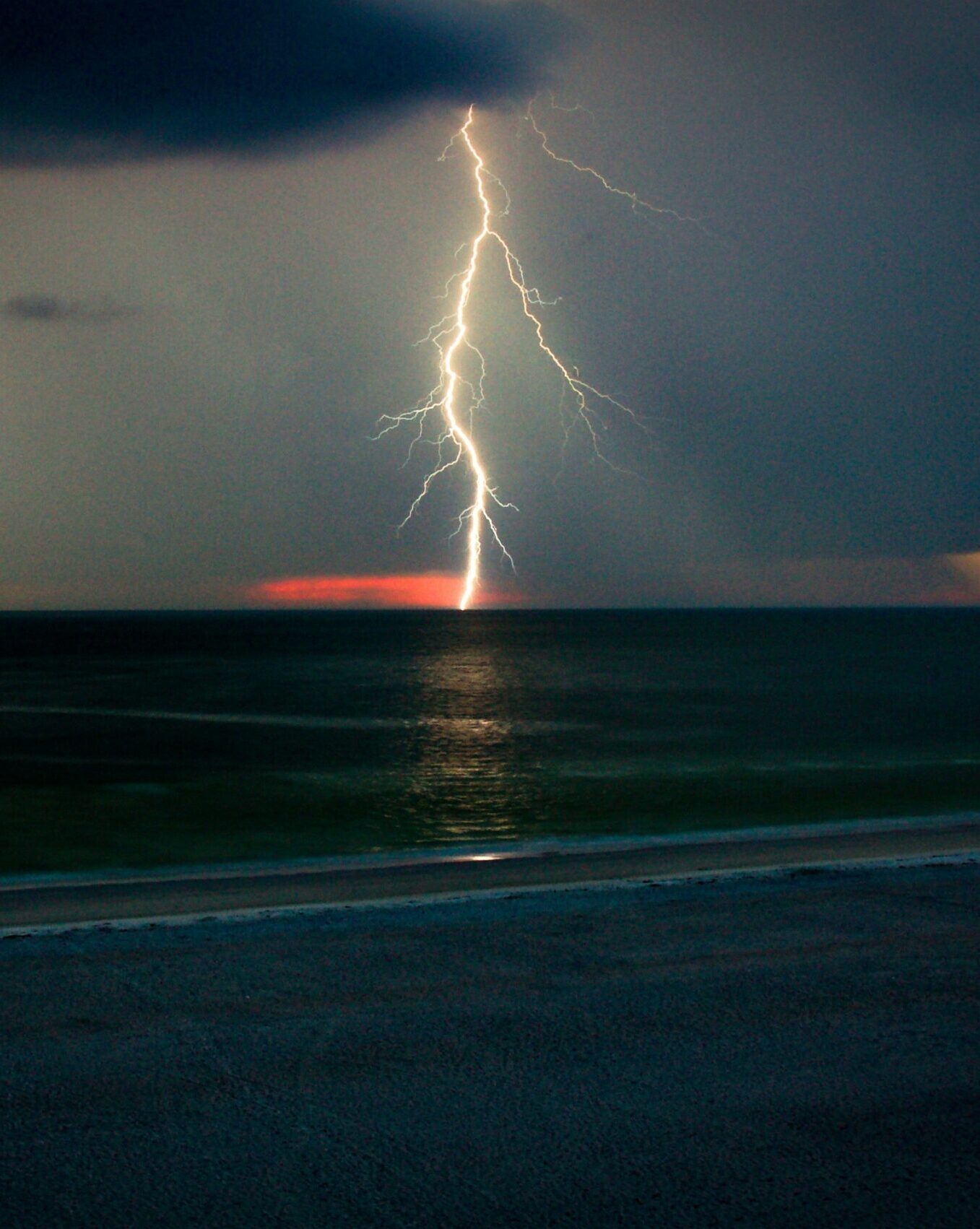
Ludlow, Shropshire, UK
I once read somewhere that all stories are ghost stories, so here’s one.
It begins when I’m about sixteen or seventeen and still living in my hometown. There are many English towns just like it: rural, obscenely sentimentalized, a place where fox hunting enjoys popular support, but immigration does not. A few of us had spent an afternoon sitting on the disintegrating wall of the town’s 11th–century castle: a major tourist pull that we’d often appropriate for our own ends. On this day we were drinking home-brewed cider, a cloudy ochre liquid shared out from a large plastic demijohn, swiped from someone’s dad’s, or maybe uncle’s, annual batch. It tasted like disinfectant: unpleasant and sour, but hygienic. I remember feeling very grown up, like it was undoing all the unsophisticated parts of myself. A reminder that time would eventually pass, and that one day I would be out of here, living a different life entirely.
“This castle is riddled with ghosts,” one of us said. He’d heard one. He’d been sitting on that same wall, late one night, long after the throng of tourists had retreated to their hotel rooms. He had heard prolonged and terrible screams, a woman’s, from inside the castle bailey. This, at the time, seemed feasible. After all, the castle was famous for being a place where rich men had sent poor men to their deaths. We’d all heard stories about the ghosts of Jacobins and maidens and highwaymen, strange and anachronistic vocations that added to the eeriness of it all. It was just taken for granted that the castle was haunted, so it never occurred to my friend to investigate the source of the crying. Ghosts, we all knew, were better left alone.
I think about one ghost story quite often: that of Marion de la Bruyere. She lived at the castle as part of a 12th–century court, a time so remote from mine that it’s hard to imagine her life. Different, obviously, and likely suffocating. The closest I can get is just an image: Rossetti’s Veronica Veronese, bored and beautiful and draped in green velvet. A fantasy created by men.
Everyone suffers one major betrayal, and Marion was no different. Hers was by a lover, Arnold de Lys, who was also a political opponent of the court. Like all cowards, he chose power over intimacy, tricking Marion so that he and his soldiers might seize the castle for themselves. Marion, beside herself at such disloyalty, plunged a sword through Arnold’s belly and flung herself from the highest tower. Her ghost, supposedly, recreates the event every year on its anniversary, meaning that soon it will be her thousandth suicide. (I think Freud would quite like this story, and not only because he didn’t like women much. He once wrote that we are doomed to repeat our own traumas, like a broken record playing the world’s worst song. These may be experienced as flashbacks; for Marion it is repetition. Maybe suffering has the capacity to dissolve the boundary between past and present.)
Recently, I revisited the castle, part of a whistle-stop tour of family and old friends. It, much like the town, was visibly unchanged. Walking around the perimeter of the castle, I passed through a vaulted side gate, past a thick and perilous sea of nettles and ivy. Such a sublime mass of chaotic vegetation emerges only when nature is left to run its course. Over the wall, I heard the metallic clangs of reproduction swords and a few aggressive bursts of “yah!” A medieval battle reenactment, I guessed. This kind of thing is considered completely normal here. I wondered if they ever thought about Marion; I imagined they would appreciate her dedication to reenactment.
It struck me that historical live action role-play, or LARP, is a holiday in time rather than space. Medieval battle reenactments seemed to be its most clichéd iteration, the temporal equivalent of a romantic weekend in Paris or a full moon party on Koh Phangan. Unlike its fabulatory cousin Dungeons and Dragons, historical reenactment suggests a truth claim, in which the LARPer slips into the past as they slip into costume. In suspending the banalities of the present, the LARPer disregards the winds of history to perform their nostalgia out loud.
But why should I pass judgement? Soon we’ll all be nostalgic. Soon we’ll talk about whales and gorillas as though they were only ever mythical, no more real to us than mermaids. Perhaps we will reenact abundance, dressed in the furs of long-dead species, acting out pollination pantomimes, shouting “yah!” in the name of half-remembered birds.
Here are a few of the species lost from my hometown since the castle was built: quillwort, red squirrel, spring cinquefoil, pine marten, stone bramble, small white orchid, bog hair-grass, narrow-leaved bitter-cress, burbot, the Hadena irregularis moth, purple ramping-fumitory, Cullum’s bumblebee, apple bumblebee, blue stag beetle, corncrake, hay-scented buckler-fern. These small tragedies will be reenacted, over and over, until they eventually become something much too large. We won’t think to check on them until it’s too late, when all we have left are ghosts.
Siobhan Leddy is a writer, editor and independent researcher living in Berlin.
Photo by Flickr Creative Commons user Ben Salter.




